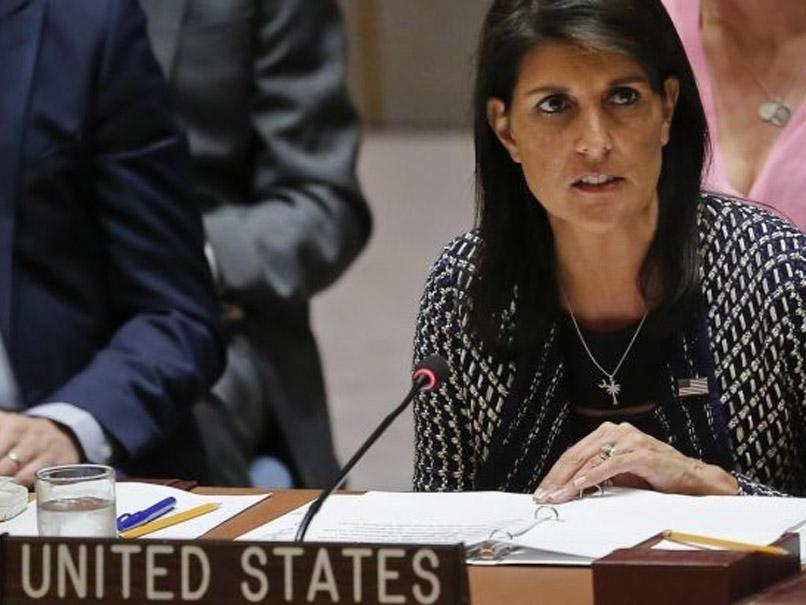US votes against UN motion to condemn gay sex death penalty ‘over fears executions could be banned in the States’
LGBT groups described the move as 'beyond disgraceful' and a 'blatant disregard for human rights'

The US failed to back a United Nations resolution to condemn death penalty sentences against gay people for having sex, because it feared it could lead to executions being banned in America.
The Donald Trump administration failed to support the motion along with countries where the practice is legal, including in Saudi Arabia. Offenders there are stoned to death in public.
Extremists in Isis-held territory in Iraq and Syria also hand down the death penalty for same-sex relations. It includes offenders being thrown alive from buildings, video footage shows.
The UN proposal passed by a majority. After the vote the US claimed that it “unequivocally condemns” executions ordered over cases of gay sex - but stood by the decision to oppose the motion.
An LGBT group described its move as "beyond disgraceful".
State Department spokeswoman Heather Nauert spoke out in a press briefing to reporters in Washington after the UN ballot.
"We voted against that resolution because of broader concerns about the resolution's approach to condemning the death penalty in all circumstances; and, it called for the abolition of the death penalty altogether," Ms Nauert said.
"We had hoped for a balanced and inclusive resolution that would better reflect the positions of states that continue to apply the death penalty lawfully, as the United States does.”
She added: "The United States unequivocally condemns the application of the death penalty for conduct such as homosexuality, blasphemy, adultery, and apostasy.
"We do not consider such conduct appropriate for criminalization."
But LGBT groups hit out at Washington's failure to vote against the death penalty in countries where gay sex is punishable by death.
Ty Cobb, director of HRC Global, told news site Advocate: “This administration's blatant disregard for human rights and LGBTQ lives around the world is beyond disgraceful.”
There are currently six countries where the death penalty is used for people in same-sex relationships: Iran, Saudi Arabia, Sudan, Yemen, Nigeria and Somalia. It rises to eight if the Isis-occupied territories of Iraq and Syria are included.
There are another five countries where it is technically allowed, but not actually used in reality.
Renato Sabbadini, ILGA Executive Director, said. “It is unconscionable to think that there are hundreds of millions of people living in states where somebody may be executed simply because of whom they love.
“This is a monumental moment where the international community has publicly highlighted that these horrific laws simply must end.”
Join our commenting forum
Join thought-provoking conversations, follow other Independent readers and see their replies
Comments
Bookmark popover
Removed from bookmarks